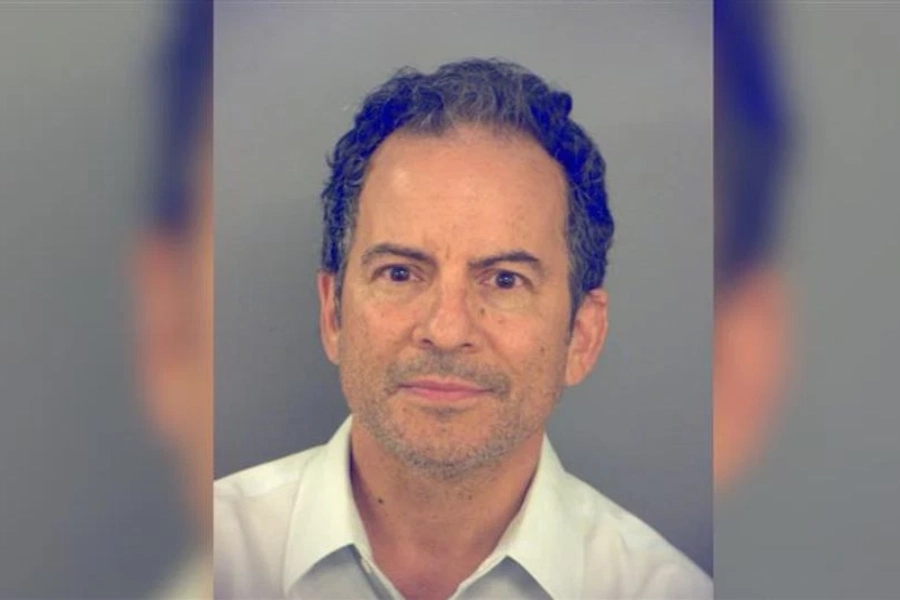The University of Texas at El Paso UTEP is a major educational institution in the Borderland region, known for strong academic programs and civic engagement. Recently, one of its faculty members, Max Grossman, has made headlines following his arrest for family violence, raising legal and campus policy discussions.
Details of Max Grossman’s Arrest at UTEP
On September 5, 2025, Max Grossman, an associate professor of Art History at UTEP, was booked into El Paso County Jail. The arrest stems from an alleged incident on August 27, where he faces charges of assault causing bodily injury involving family violence. Grossman is a well-known government watchdog and critic of local development projects, including the proposed Downtown arena.
His attorney, Brian Kennedy, stated that the charges are “absolutely unfounded” and suggested they may be linked to a child custody dispute. Grossman and his legal team are actively contesting the allegations.
Legal Implications for UTEP Faculty
Faculty members at UTEP are not immune to legal proceedings, and incidents like Grossman’s highlight the intersection of university policies and Texas law. Legal issues can include:
-
Employment disputes
-
Title IX investigations
-
Family law matters
-
Public records and civil rights cases
Grossman’s case underscores how faculty legal troubles can affect university reputation, campus safety policies, and faculty rights.
UTEP Policies on Student and Faculty Conduct
UTEP maintains strict policies to protect students, staff, and faculty. These include procedures for reporting harassment, misconduct, or legal incidents. Cases involving faculty members can trigger internal investigations and legal reviews to ensure compliance with both university regulations and Texas statutes.
Campus Reactions and Community Concerns
Grossman’s arrest has drawn attention from students, faculty, and the El Paso community. As a vocal critic of local government, his involvement in legal controversies raises questions about accountability, public trust, and the role of faculty in civic engagement.
Understanding Family Violence Laws in Texas
Family violence in Texas covers acts that cause physical harm, threaten safety, or involve intimidation between family members. Key points relevant to Grossman’s case:
-
Assault causing bodily injury is a criminal offense.
-
Protective orders can restrict contact with victims and limit access to firearms.
-
Legal proceedings may include criminal defense, child custody considerations, and civil litigation.
Conclusion
The arrest of Max Grossman demonstrates that UTEP faculty members are subject to state law and university policies, regardless of their public prominence. Students and staff should stay informed about faculty conduct policies, legal rights, and campus safety measures. The case also serves as a reminder of the broader responsibilities of universities in handling legal issues involving faculty.
FAQ
Q1: Can UTEP faculty face criminal charges like Grossman?
Yes, faculty are subject to Texas law and university regulations. Criminal charges can lead to investigations, protective orders, or administrative action.
Q2: How does UTEP handle legal disputes involving professors?
UTEP follows state law and internal policies, including HR procedures, Title IX, and due process requirements, ensuring faculty and student safety.
Q3: What protections exist for UTEP students during such incidents?
Students are protected under federal laws like Title IX and ADA, along with campus reporting procedures for harassment, misconduct, or unsafe situations.
Q4: Could this affect Grossman’s teaching or university role?
Pending legal outcomes, faculty may face administrative reviews, suspension, or other university actions in line with policies and public safety considerations.

